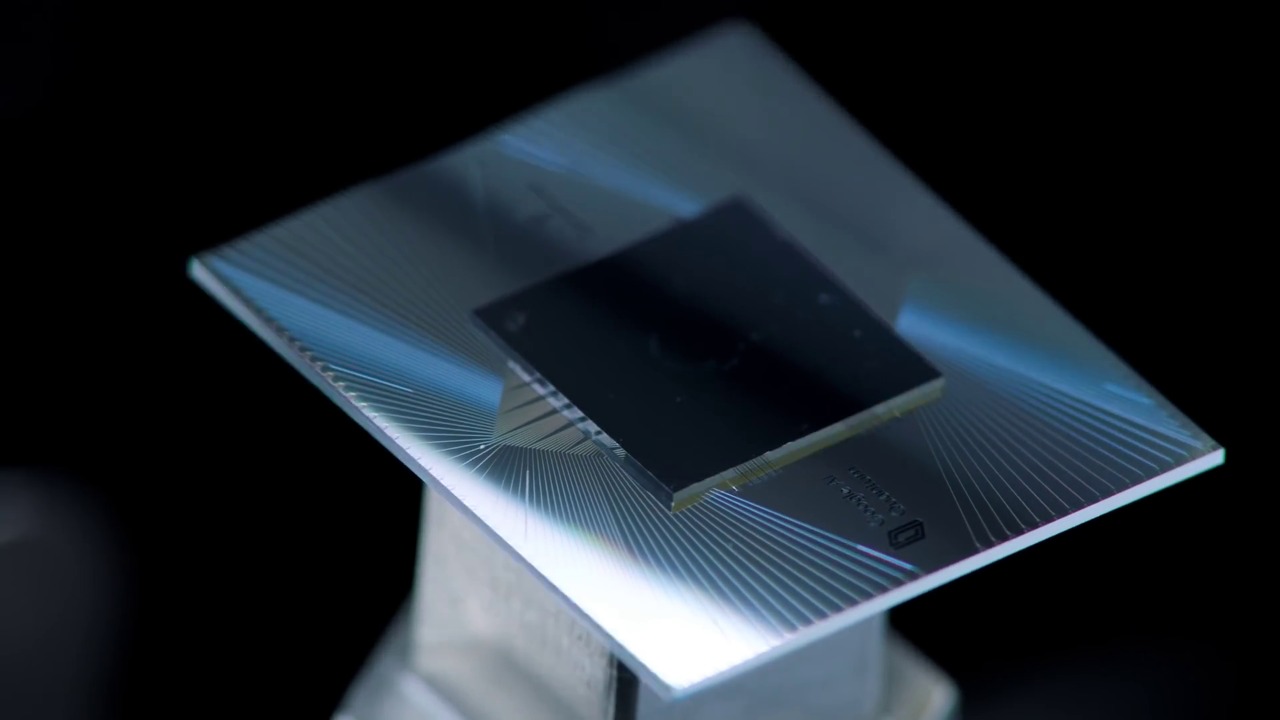Quantum Chips: The Future Beyond Smartphones

Quantum Chips: The Next Frontier in Mobile Technology
The world of quantum computing is advancing at an unprecedented pace, and with it comes the tantalizing possibility of a new era in mobile technology. As researchers make strides in developing quantum chips, the idea of these powerful components replacing traditional smartphone processors is no longer confined to science fiction. Instead, it's becoming a tangible prospect that could redefine how we interact with digital devices.
Understanding the Science Behind Quantum Chips
At the heart of quantum chip technology lies the enigmatic field of quantum mechanics. Unlike classical computers, which rely on binary bits representing either 0 or 1, quantum computers use qubits—quantum bits capable of existing in multiple states simultaneously thanks to a phenomenon known as superposition. This allows quantum systems to process vast amounts of information concurrently, offering exponential gains in computational power.
Another key principle, entanglement, enables qubits to be linked in such a way that the state of one instantly influences another, regardless of distance. These properties open up entirely new avenues for computation, enabling machines to solve complex problems in seconds that would take conventional computers years to crack.
A Comparative Leap: Quantum vs. Traditional Chips
The difference between quantum chips and today’s silicon-based processors is nothing short of revolutionary. Traditional chips operate linearly, executing one task at a time through sequential processing. In contrast, quantum chips harness parallelism to perform millions of calculations simultaneously. It’s akin to comparing a single-lane dirt road with a multi-lane superhighway—both get you from point A to B, but one does so exponentially faster and more efficiently.
This leap in performance could transform smartphones into portable supercomputers, capable of running advanced AI algorithms, real-time language translation, and immersive augmented reality experiences seamlessly.
Current Research and Development Milestones
Major research institutions across the globe are investing heavily in quantum chip development. Among them, the University of California and other leading tech universities have made significant breakthroughs in materials science and qubit stability. Innovations in cryogenic engineering and error correction are addressing some of the most pressing technical challenges, bringing us closer to practical, scalable quantum systems.
These advancements are not just theoretical; they’re laying the groundwork for future consumer electronics that integrate quantum capabilities without sacrificing portability or usability.
Advantages Over Conventional Smartphones
Enhanced Processing Power
Quantum chips offer unparalleled processing speed and efficiency. This means smartphones equipped with quantum processors could handle tasks like simulating complex chemical reactions, optimizing logistics networks, or even decoding encrypted data in real time. Such capabilities could revolutionize fields like medicine, finance, and artificial intelligence.
Increased Energy Efficiency
Despite their immense power, quantum chips have the potential to be more energy-efficient than traditional processors. Because they can perform operations more quickly, they consume less power over time. This benefit aligns perfectly with global efforts to reduce carbon footprints and create more sustainable technologies.
Revolutionized Data Security
One of the most promising applications of quantum technology is in the realm of cybersecurity. Quantum encryption leverages the principles of quantum mechanics to create virtually unbreakable codes. This could lead to a new standard in personal data protection, making identity theft and hacking far less viable threats in the digital age.
Challenges and Limitations
Despite their transformative potential, quantum chips come with significant hurdles. Qubits are extremely sensitive to environmental disturbances, requiring near-absolute-zero temperatures to function properly. Additionally, error rates remain high, and maintaining qubit coherence over extended periods is still a major obstacle.
Scalability presents another challenge. Manufacturing quantum chips at scale while keeping costs manageable remains a daunting task. Companies must also navigate regulatory landscapes and address ethical concerns surrounding privacy and surveillance implications.
Impact on the Tech Industry
The introduction of quantum chips could disrupt the entire smartphone market. Major manufacturers may need to overhaul their product strategies to stay competitive. App developers will find themselves in a new frontier where previously impossible functionalities become routine, spurring innovation in software design and user experience.
As quantum technology becomes more integrated into daily life, the broader implications for communication, entertainment, and productivity will be profound. Consumers may soon expect levels of performance and security once thought unattainable in handheld devices.
Public Perception and Adoption Strategies
For quantum-enabled smartphones to succeed, public understanding must evolve alongside the technology. Educational campaigns and strategic marketing will play crucial roles in familiarizing users with the benefits and limitations of quantum chips. Companies entering this space must carefully manage expectations and demonstrate clear value propositions to encourage adoption.
Culturally, the integration of quantum technology into everyday devices could shift societal norms around privacy, connectivity, and even human-computer interaction. As this transformation unfolds, the intersection of technology and culture will become increasingly complex and fascinating.
Post a Comment for "Quantum Chips: The Future Beyond Smartphones"
Post a Comment